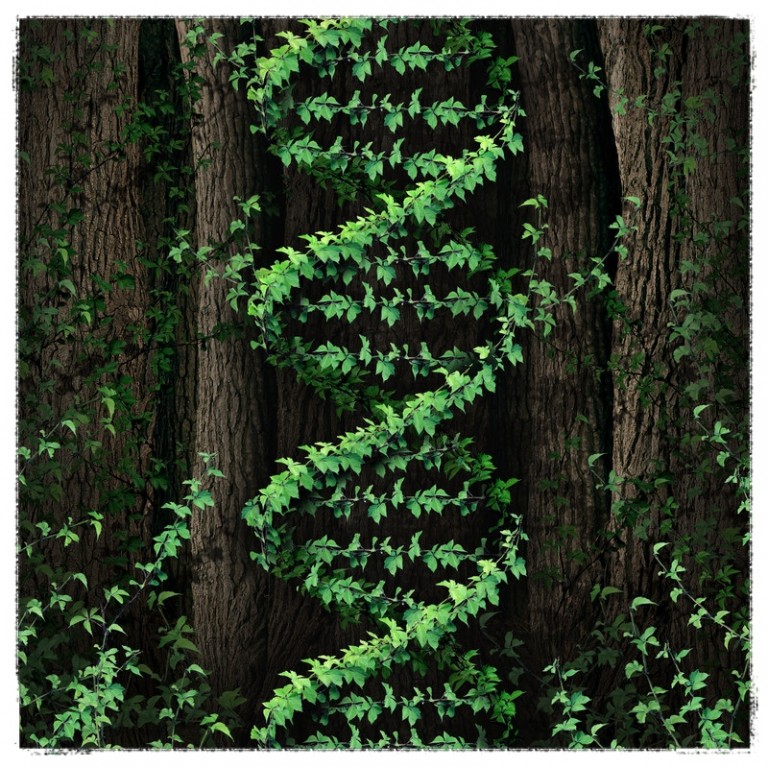Are we destined to develop the same diseases that our parents developed? This question I have pondered often in my life. Both my mother and grandmother had breast cancer. Although I have had moments of fear about it, I have more often thought what can I do to avoid this. Since 80% of cancers are environmentally induced, I have taken on the prevention model of healthcare for myself and have learned what I can do to keep my body as healthy as possible by avoiding the risk factors that are associated with this disease. Prevention is a healthcare model that is talked about but how in depth does it go? Mammograms are touted as preventive medicine but really all they do is early detection. They do nothing to actually prevent breast cancer.
In our advanced technological 21st century, scientists are now studying why it is that diseases such as cancer are 80% environmentally induced and not 80% genetically induced. Epigenetics is the science that studies the environment surrounding our cells and how it can create changes in our health even though our DNA might dictate otherwise. It helps explain how our thought processes, our emotions, our lifestyles, how our perceptions of the world around us can cause changes in our body that will influence the outcome our health. It is really our environment that talks to our DNA and causes genes to be turned on or turned off, leading to positive or negative outcomes. The DNA is just the computer so to speak. The software that programs the computer is the environment we bath our cells in.
We all come into this world with 2 sets of genes, one from our mother, one from our father. DNA carries our genetic information. Epigenetics has proven that we can change the expression of a gene without changing the DNA. Diet is one element from our environment that can change the expression of a gene. If we load ourselves up with whole foods we give the body lots of tools, in the form or vitamins, minerals, amino acids, fiber, etc., to work with. If we eat lots of processed foods and give the body lots of calories void of nutrients and full of sugar, the body has less tools to work with, and can even turn on the less desirable genes.
Toxins in our environment can alter gene activity, but if we have adequate vitamins and minerals then the toxins are less likely to change the gene expression negatively. And in fact it has been shown in research on mice that vitamins can protect the health of the mice despite genetic shortfalls. Research like this will hopefully result in a change in the Required Daily Amounts (RDAs) for vitamins and minerals, some of which are woefully inadequate.
Our emotional environment is also a key player in turning genes on and off. Nurturing from our mother can impact positive outcomes in health. Soothing brain chemicals are produced in a nurtured child and certain parts of the brain are more developed. In studies scientists have seen that these brain chemicals, later in life, signal genes to turn on making a person less prone to anxiety. Being negative, constant worry, excessive stress, i.e., our emotional state of mind, has a greater impact on the development of disease than you might have thought. Living life joyfully is really an important part of taking charge of your health.
In the quest to remain healthy and at the top of our game the study of epigenetics informs us it is the environment that we immerse ourselves in emotionally and physically that can alter the health of every cell in our body. We do have a say in our health, we are not just a product of our genes.
Originally published in the Great Falls Tribune.

